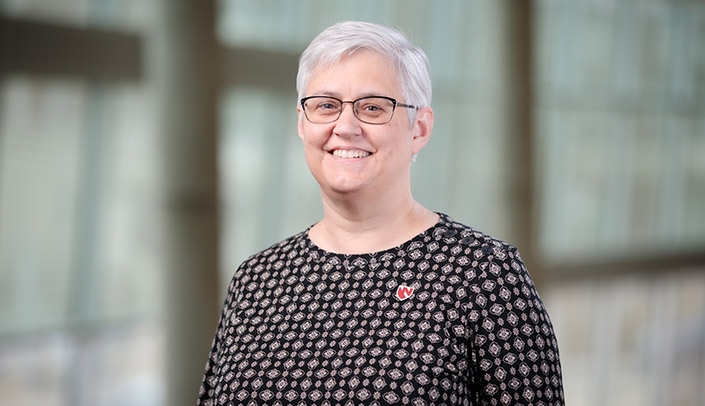The McGoogan Health Sciences Library has created a research guide of recommended books, educational resources and articles on diversity, equity and inclusion for use by the med center community, as well as the general public.
The guide is part of the library’s plan to address issues of structural racism, said library dean Emily McElroy. The initial guide’s focus is on issues facing the Black community, Indigenous people and people of color – particularly the Black experience – but the library is planning other guides focusing on the LGBTQ+ community, the intellectual disability community, and the wider disability community, as well.
And the initial guide itself is still a work in progress, McElroy said.
“We are looking for suggestions about other resources to add,” she said. “Jessica King is overseeing the effort, our acquisitions group already has ordered 30 books in electronic format, and my own email is on the site so people can send suggestions for other articles, books or resources to add.”
In the wake of the killing of George Floyd, James Scurlock and Zachary Bearheels, McElroy said, library staff felt it was important to address the issues of structural racism and health disparities and provide information that would be helpful to the university community.
“We look at is as part of our mission to serve the information needs of UNMC,” she said. “It also can serve the larger community, as well. The guide is available for anyone, and we see providing it — the first in a series — as an important step for us in the service of individuals who want to learn more about the struggles the Black community and other communities have experienced.”
Director of Inclusion Sheritta Strong, MD, supported the library’s efforts.
“Many leaders on campus have requested learning materials on this subject matter,” Dr. Strong said. “It is great to partner with our very own library to provide a repository of the information that faculty, staff, and students are requesting. Furthermore, this is a time for all of us to educate ourselves on the systems in place that decrease our efforts in fostering an inclusive community.”
The guide will be updated weekly. McElroy initially put together a list of books and articles, then added to the research guide as suggestions came in.
“This is a strong interest of mine,” she said. “Also, a lot of libraries and bookstores are putting together antiracism reading lists, so I was able to supplement my knowledge with what others were suggesting.”
Developing a book collection that embraces inclusivity, diversity and equity, even if the works are not specifically health sciences related, is one of the library’s strategic initiatives for the coming year, McElroy said. “We want people who are teaching or studying to really understand their fellow students, faculty members and the patients that they’ll end up serving. These guides are designed to help.”
